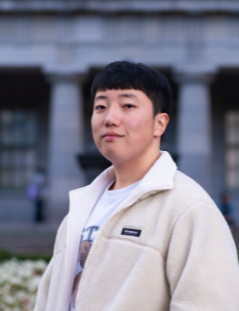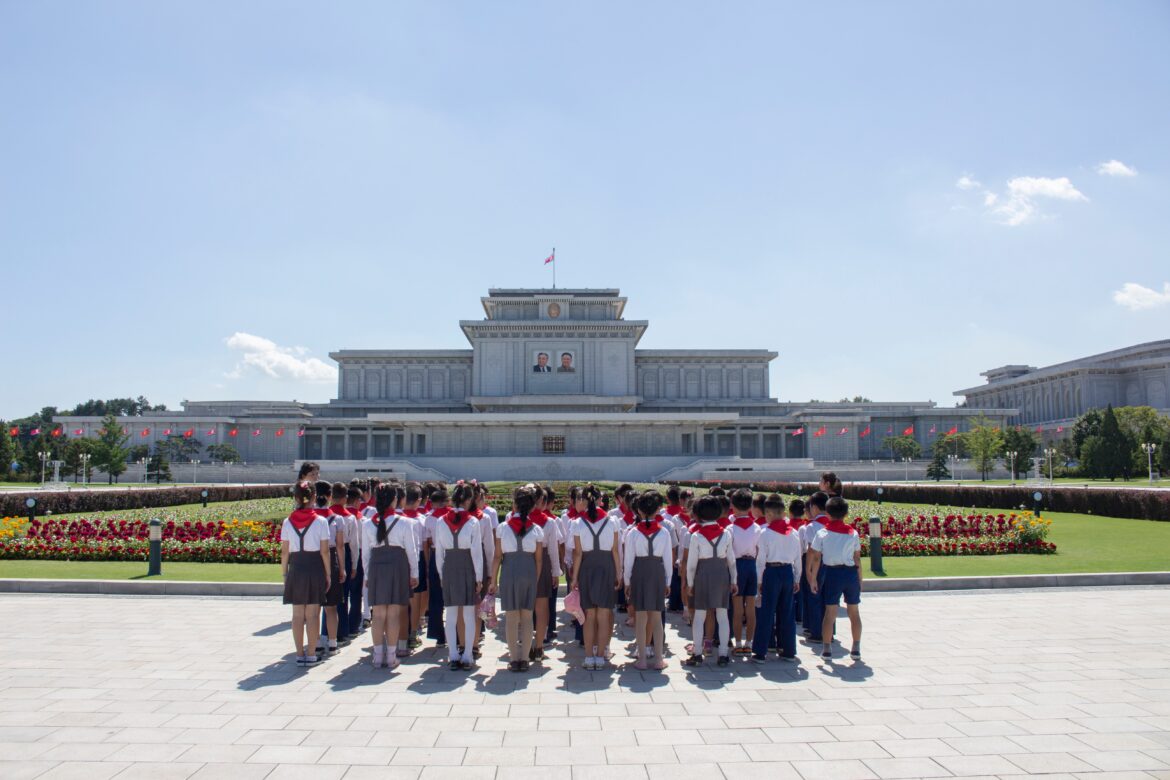Western media portrayal of North Korea depicts an autocratic regime ruled by a dictator obsessed with the country’s nuclear weapons program. But is that all there is to North Korea? By not covering North Korea’s systemic human rights violations, news outlets undermine the graveness of the humanitarian crisis in the country.
Since 1998, over 30,000 North Koreans have sought refuge in South Korea, according to South Korea’s Ministry of Reunification. In a country that was already deeply isolated, the North Korean government has heightened its repressive measures in light of the COVID-19 pandemic. North Koreans are under pervasive surveillance, and the government controls virtually every aspect of their life, public or private. The population is subjugated under Kim Jong Un’s regime and its ideology, facing arbitrary arrests, imprisonment, torture, and execution if they are not compliant. The government exploits people’s fundamental freedoms through forced labour in detention and prison camps. Under the pretext of the pandemic, the regime has imposed unnecessary measures that further inhibit freedom of movement, closing its borders and restricting domestic travel. These measures have significant implications for North Koreans with escape in mind, as tighter border control makes it more challenging for them to cross into China.
The conventional route taken by North Korean escapees involves a hazardous, lengthy journey across China, Laos, or Myanmar, and transit into Thailand, where escapees surrender themselves to Thai authorities. In coordination with the South Korean government, Thailand sends escapees to South Korea upon asylum application. With the pandemic, however, internal travel in China has never been more tightly controlled. This leaves escapees vulnerable and under the constant fear of repatriation to North Korea, despite China’s non-refoulement obligation. In 2021, only 63 North Korean defectors reached South Korea, in contrast to more than 1,000 defectors that made it annually before the pandemic. The U.S. Citizenship and Immigration Services (USCIS) observed similar trends in the number of defectors that reached the U.S. However, the number of defectors seeking resettlement in the U.S. was never large. This sharp decline can be attributed not only to the extreme border measures in China and transit countries but also to the unwelcoming stance adopted by the South Korean government in recent years. North Korean escapees have always found it difficult to integrate into the fast-paced, capitalist, and meritocratic South Korean society. Furthermore, the recent cuts in government funding have pushed these escapee communities further into marginalization.
While the vast majority of escapees resettle in South Korea, some North Korean escapees seek to continue their journey further into the U.S. and other countries for a better life. Canada’s national organization HanVoice advocates for human rights in North Korea and focuses on how Canada can engage with the North Korean humanitarian crisis. In October 2021, after eight years of advocacy, HanVoice launched a pilot private sponsorship program that allows Canadians to sponsor certain North Koreans to resettle in Canada. This historic program aims to bring five North Korean refugee families from transit countries in Southeast Asia to Canada by 2023. In coordination with Immigration, Refugees and Citizenship Canada (IRCC), HanVoice expects the program to prioritize families of North Korean women who are at-risk or survivors of sexual and gender-based violence. While COVID-19 and the restriction of movement in China may impact the original timeline, this program makes Canada the third country to provide refugee status for North Korean escapees. In July 2022, HanVoice also successfully launched the People’s Museum of North Korea. This month-long, interactive exhibition in Toronto was curated to recreate a North Korean home, tell a story of ordinary North Korean people, and demonstrate how they use everyday objects to access information from the outside. The museum served as a venue to challenge the Canadian preconceptions of North Korea and its people.
HanVoice continues to be a leader in offering alternatives for North Korean escapees through its advocacy, fundraising, events, policy development, and research. As the President of HanVoice McGill, the McGill University chapter of HanVoice, I am thrilled to be a part of this movement and look forward to all the things HanVoice will accomplish in the coming years. Civil society actors like HanVoice may be the key to addressing human rights violations in North Korea, but sustained interest and responsiveness from state-level actors are crucial in keeping the North Korean regime accountable. There needs to be increased diplomatic pressure from the international community on the North Korean government, but that is easier said than done. In a political climate where global security threats posed by North Korea dominate the narrative, whether states will prioritize human rights in North Korea is a question of great concern.
Edited by Malia Yee

Ryan Kim is in his third and final year at McGill University, currently pursuing a B.A. in Political Science and International Development. He is a staff writer at Catalyst. He is particularly interested in human rights, refugees, and migration.

